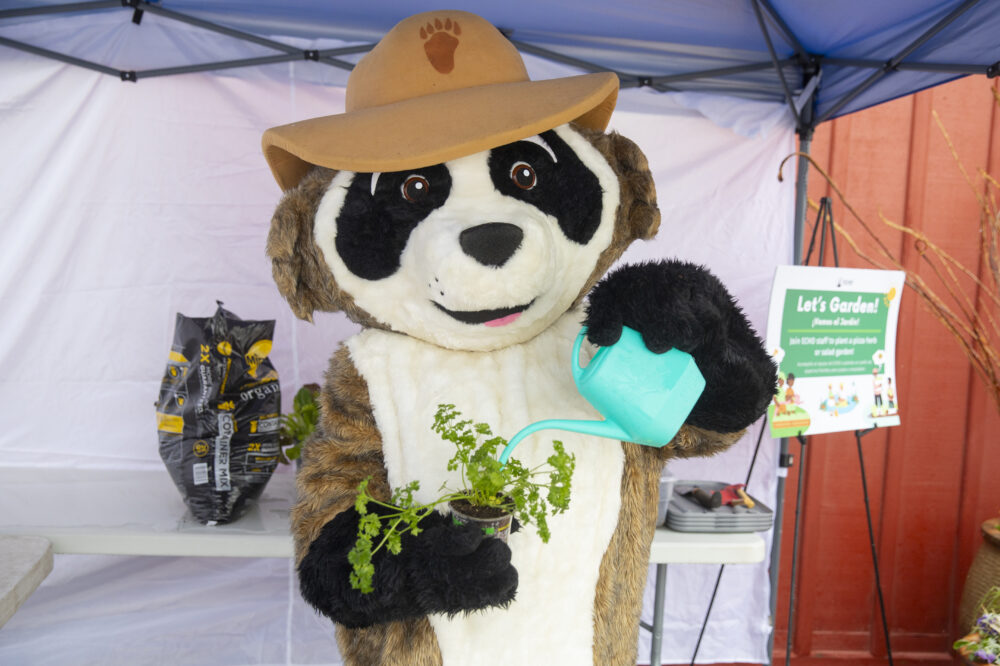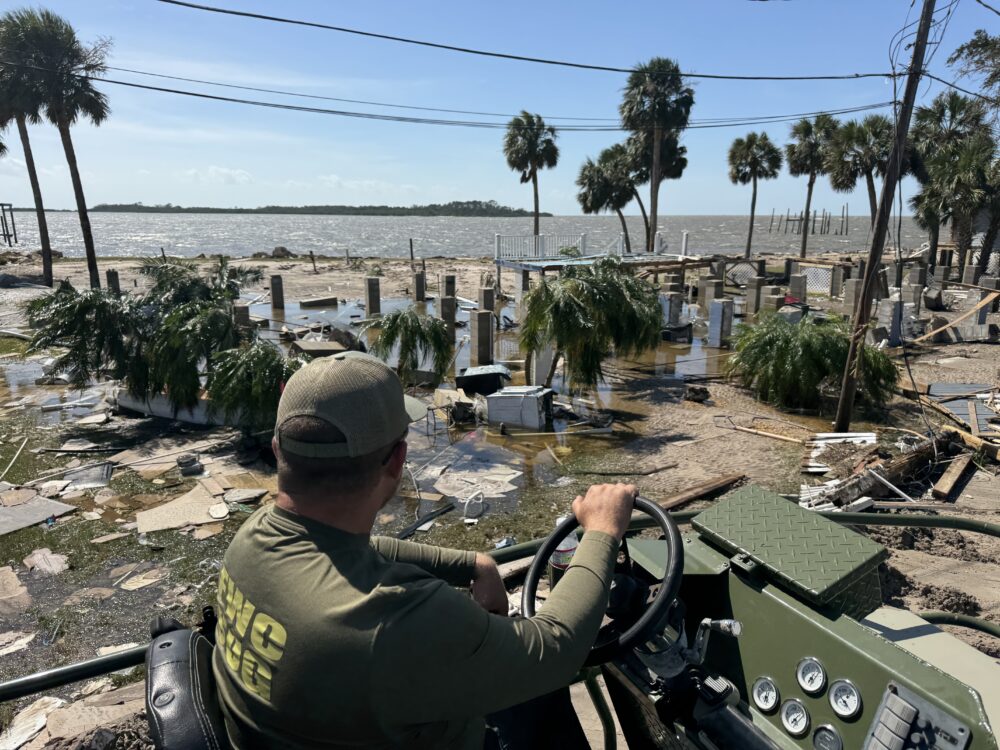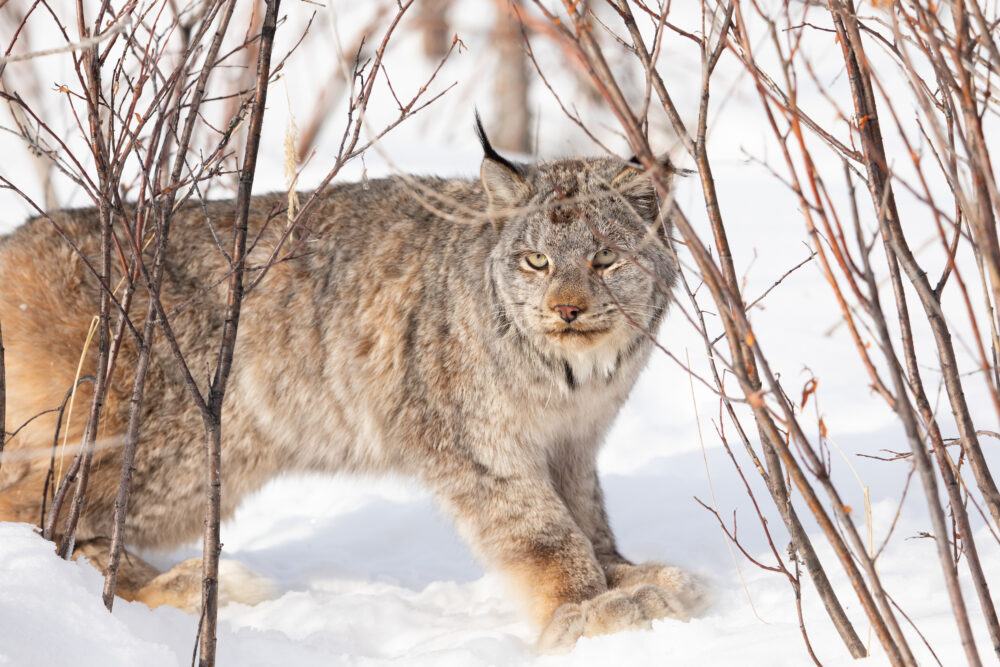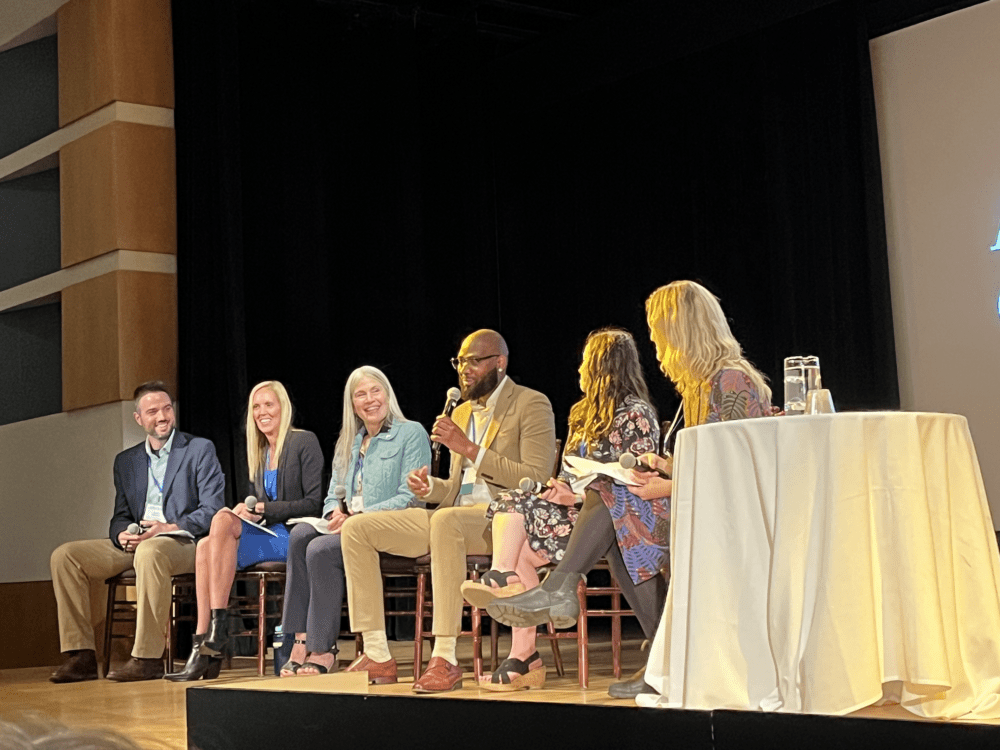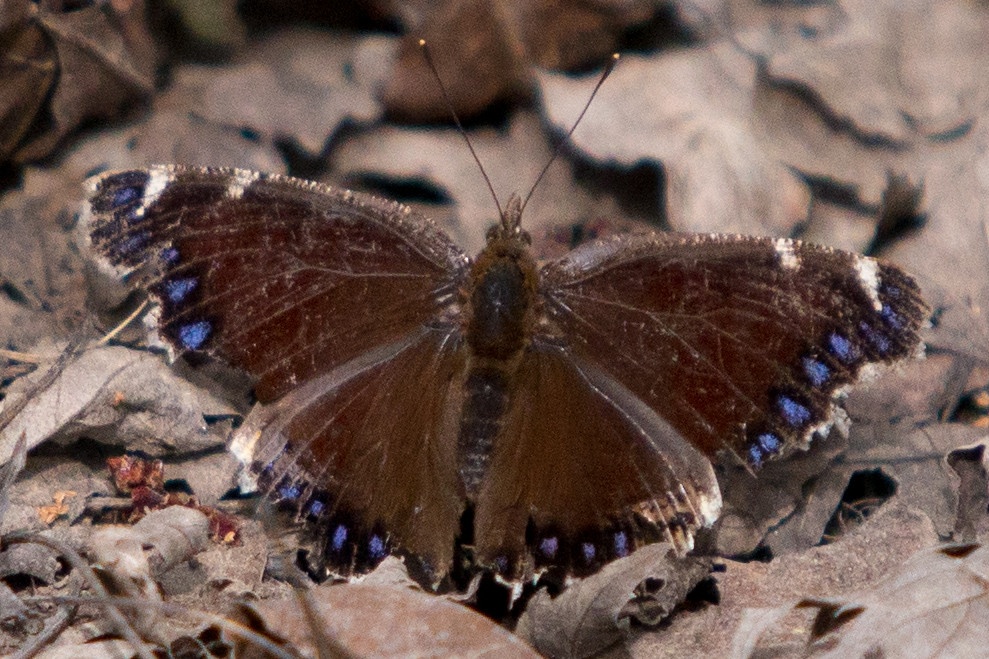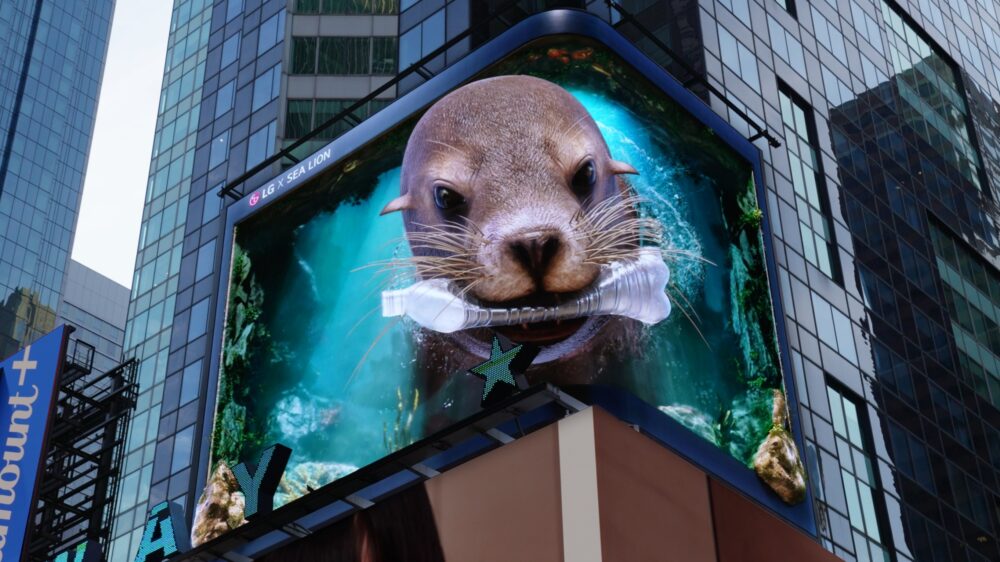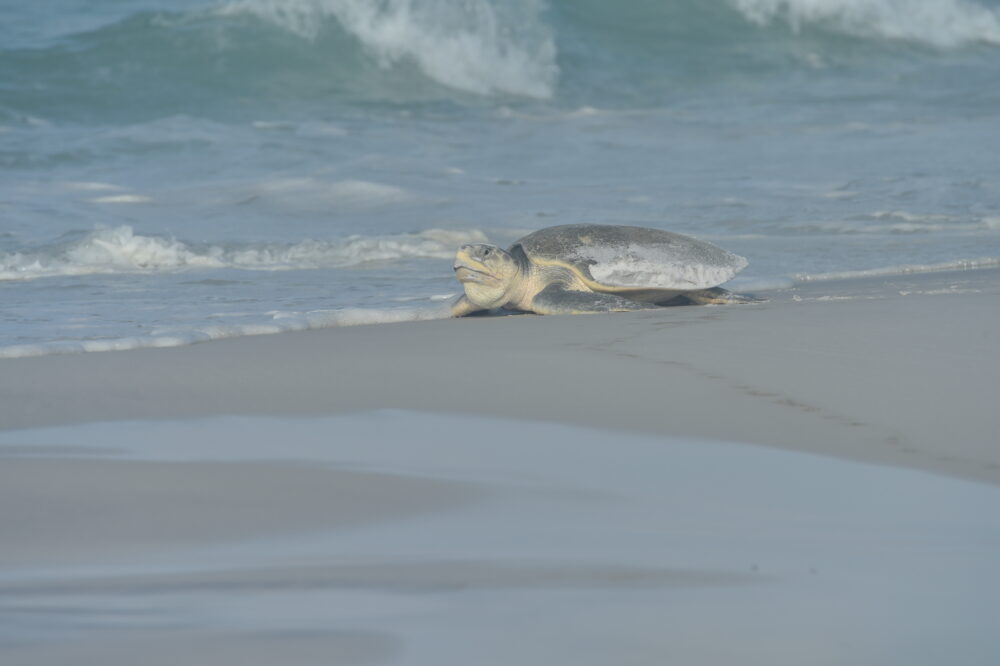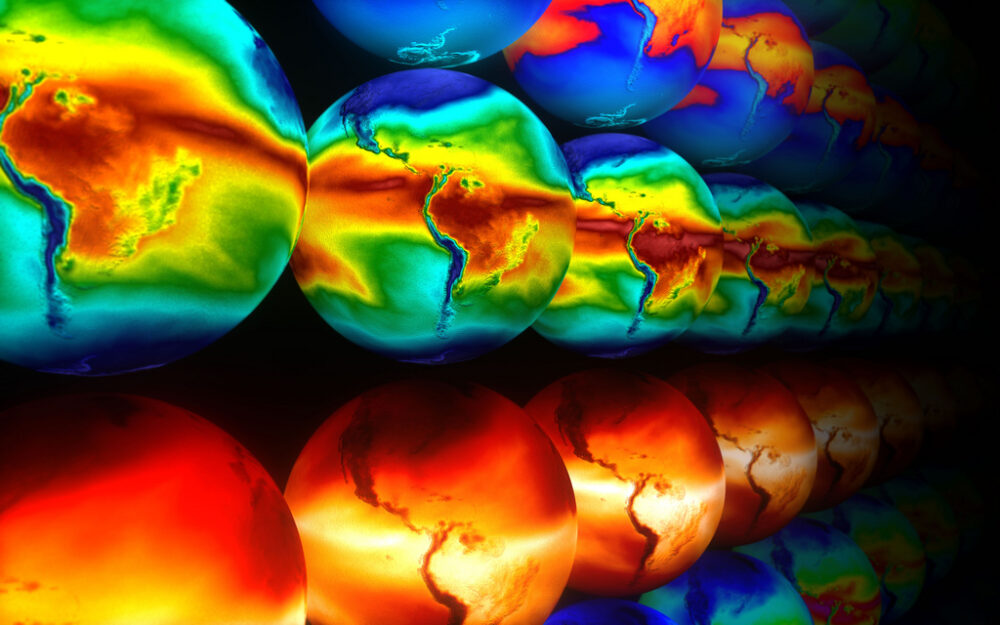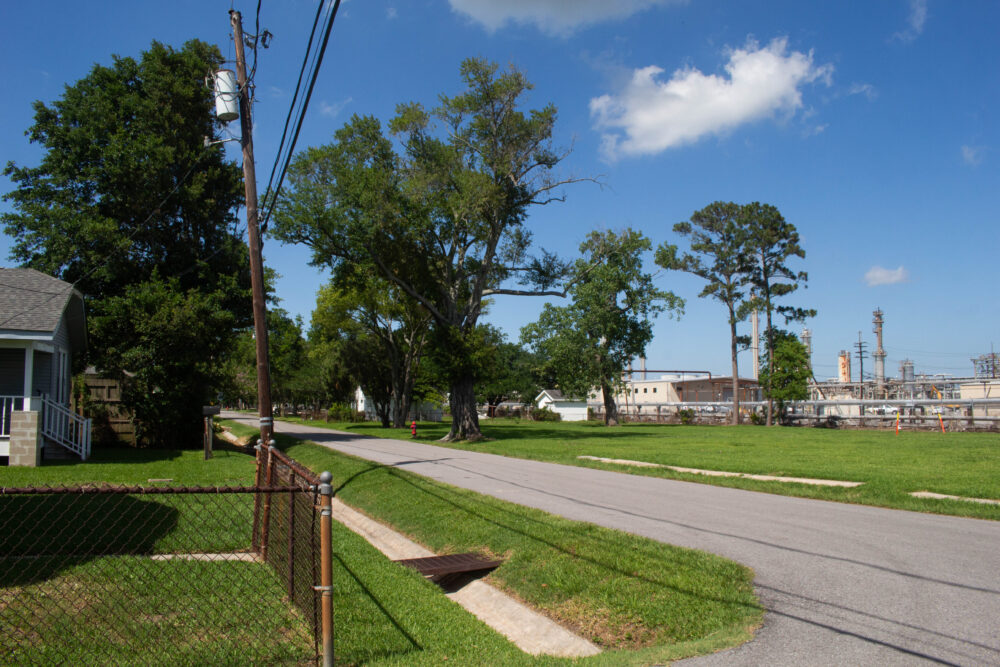We have much more to do and your continued support is needed now more than ever.
Symposium Looks to Alert Policy Makers to Impacts from Gulf Oil Disaster
The old rock tune goes something like “you don’t know what you’ve got until it’s gone.” That’s also a common problem in nature, especially after a traumatic blow to an ecosystem like the Gulf oil disaster.
At Mote Marine Laboratory in Sarasota, Fla., some 40 scientists from across the U.S. are participating in a symposium and break-out work groups to examine impacts to food webs from the BP oil spill. The two-day event is co-sponsored by NWF, Mote and the University of South Florida.

Called trophic cascades, these relationships alter natural balances between predators and prey, feeders and food sources, even entire ecosystems. In simplest terms, you can think of the lion-gazelle-grassland analogy. Reduce the lion population and you end up with a lot of gazelles, which in turn reduce the grasslands. Alter any one of the three and the other two are affected.
While this is a gross over-simplification, it gives you an idea of the potential impacts dumping 200 million gallons of oil and another 2 million gallons of chemical dispersant into the Gulf of Mexico can have on sharks, billfish, tuna, small bait fish, corals, shrimp, oysters and a long list of pelagic, benthic and coastal species.
“The impacts to the ecosystem impact us as a society as well,” said Dr. Michael Crosby, senior vice president for research at Mote Marine Laboratory. “What we’re trying to do is identify big-picture dominoes falling within this large ecosystem called the Gulf of Mexico.”
“It’s really important for National Wildlife Federation to be mindful that the spill itself is still unfolding,” said John Hammond, regional executive director for NWF. “This symposium is very important for us because we don’t believe the oil spill is over. We do believe that there are some very specific scientific studies that need to be done to show us where the impact is and where the appropriate interventions ought to be, to understand how policy makers ought to respond, how judiciary bodies might react regarding penalties and how individual cases will be settled.”
It’s not crass to say that a lot of money will be moving around Gulf of Mexico stakeholders – from fishermen, to tourism interests, to state and local governments and to individuals. It would be nice to think that the decisions are not capricious but based on good science. And good science takes money.
“There’s money coming from a lot of different directions, so meetings like this are extremely important over the long term as you try get some direction to the way you’re going over the next nine, ten years,” said Dr. William Hogarth, dean of the College of Marine Sciences, University of South Florida.









